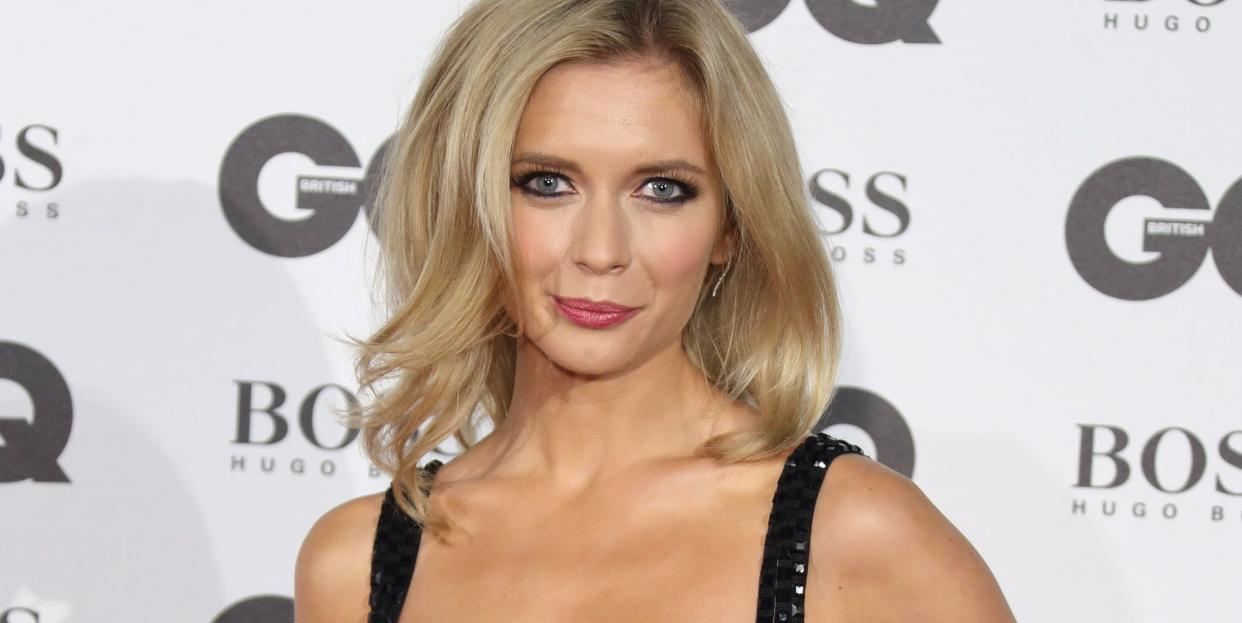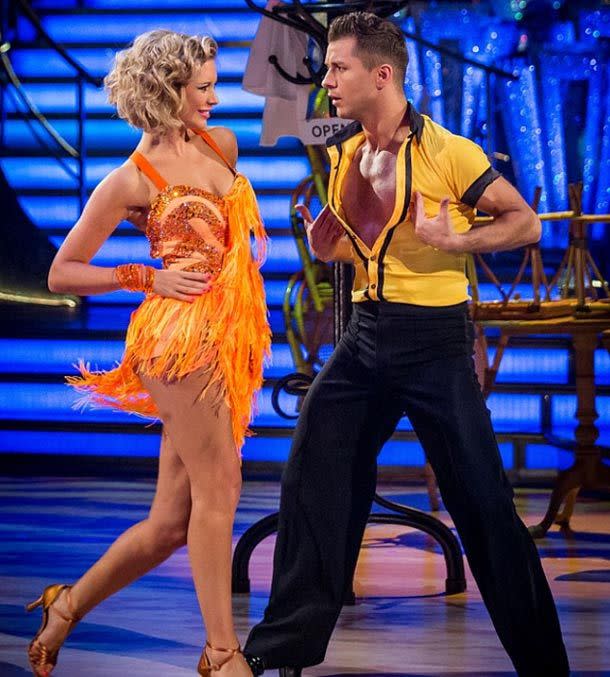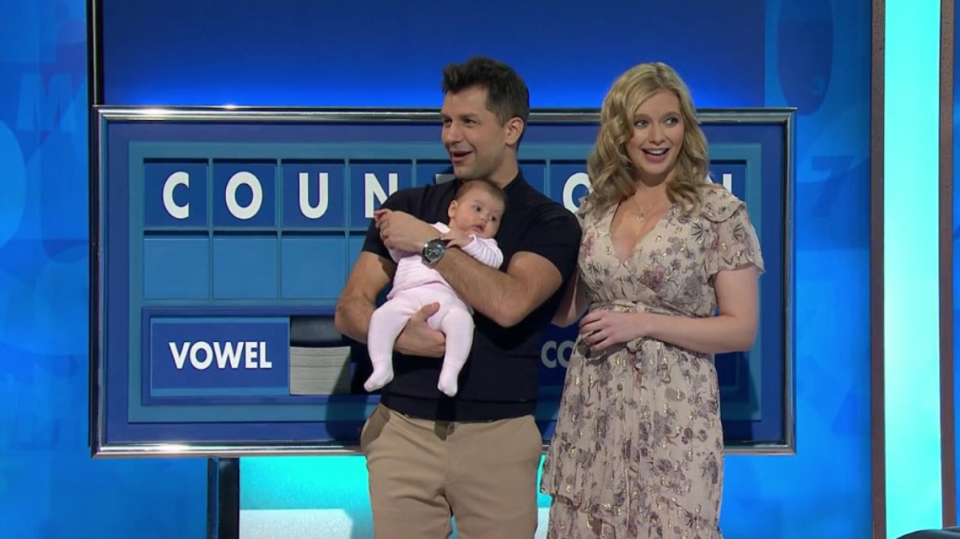Strictly Come Dancing's Rachel Riley was diagnosed with PTSD after the show

Strictly Come Dancing former contestant Rachel Riley has opened up on being diagnosed with post-traumatic stress disorder (PTSD) after taking part in the show.
The Countdown presenter competed in 2013 with her dancing partner and now husband, Pasha Kovalev.
Riley recently spoke about the consequences of that experience for her, admitting to have struggled with her mental health because of the show.

Related: Strictly Come Dancing's John Whaite shares why he cried over this week's "intimate" dance
"I needed cognitive behavioural therapy after competing in 2013 and developed post-traumatic stress disorder," Riley told OK!. "If I heard the theme music, I'd start reliving the experience. It was scary and unnerving, so my way of dealing with it is to avoid watching," she added.
However, Riley acknowledged that she will be forever grateful to Strictly for introducing her to Kovalev, saying: "Mind you, if I hadn't competed, I wouldn't have met Pasha."
"When it was announced that he was going to be my dance partner, all the dancers and crew congratulated me because everybody loved him," she added. "He's brilliant. And when you need a bit of support, that's when you know you're with the right person."
Digital Spy have reached out to representatives of Strictly and Riley for further comment.

Related: Strictly's John Whaite asked for straight dance partner in fear of online abuse
Riley and Kovalev started dating shortly after Strictly wrapped at the end of 2013 and they married in Las Vegas in a small ceremony in 2019, welcoming daughter Maven the same year.
In April this year, Riley announced she is expecting her second child with Kovalev.
Strictly Come Dancing 2021 airs on Saturday nights on BBC One, with results shows every Sunday. Strictly: It Takes Two airs on weeknights at 6.30pm on BBC Two.
If you've been affected by the issues raised in this story, organisations who can offer support include Samaritans on 116 123 (www.samaritans.org) or Mind on 0300 123 3393 (www.mind.org.uk). Readers in the US are encouraged to visit mentalhealth.gov.
Watch: Dave Grohl - 'I had some kind of musical PTSD'
You Might Also Like

 Yahoo News
Yahoo News 
